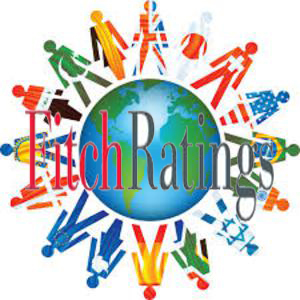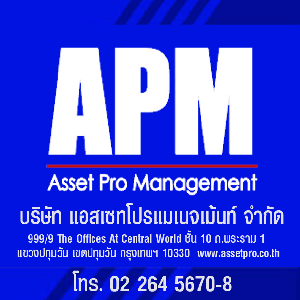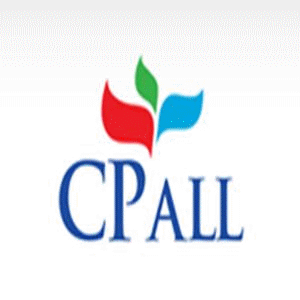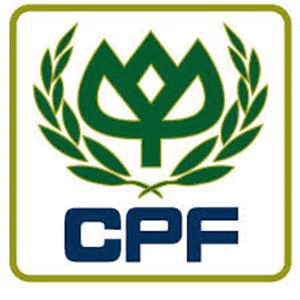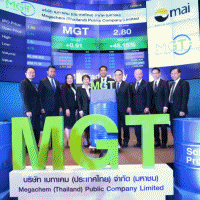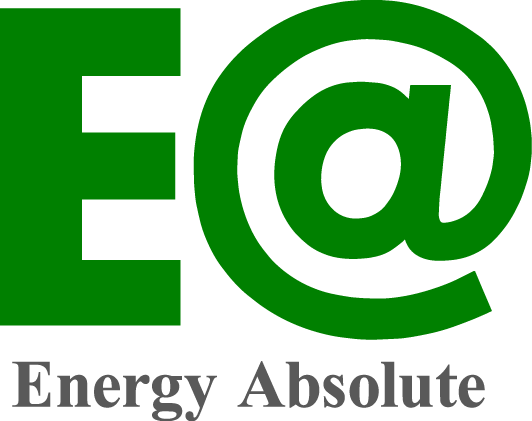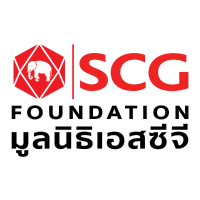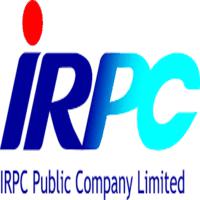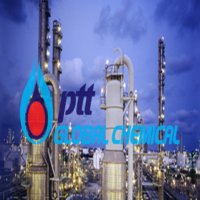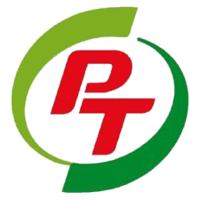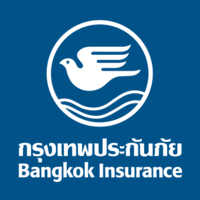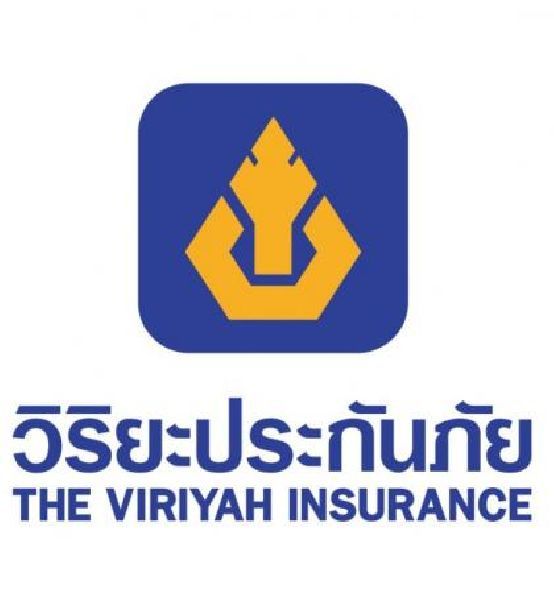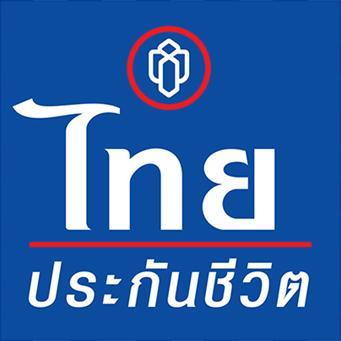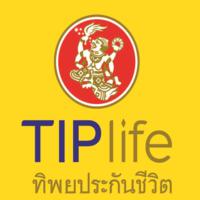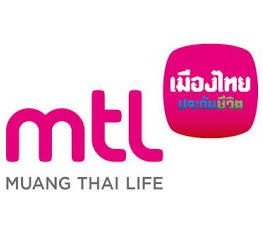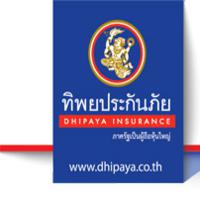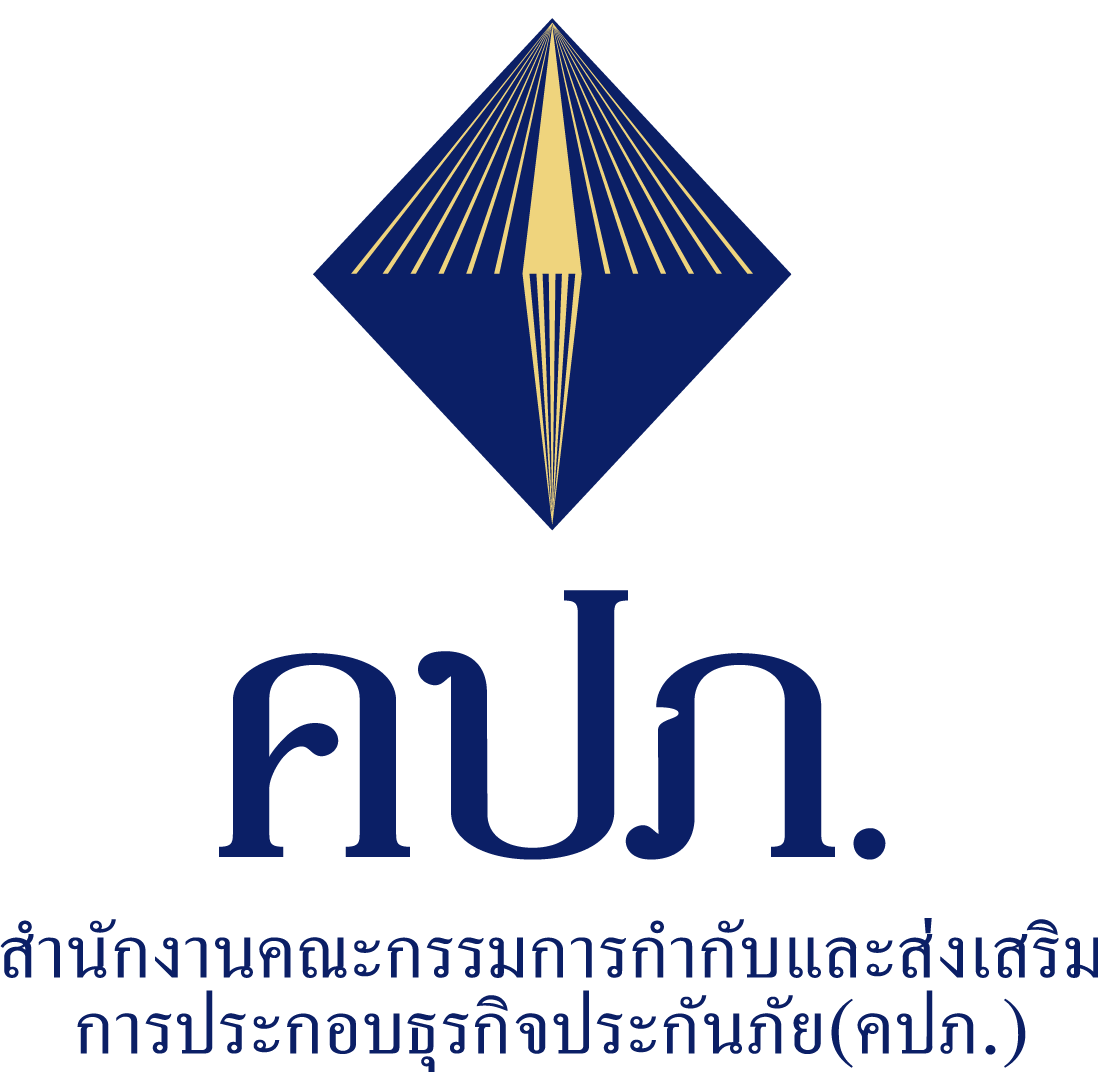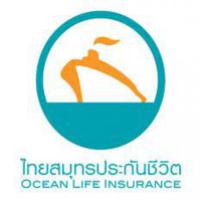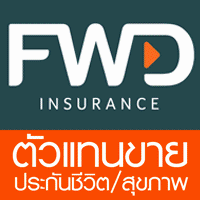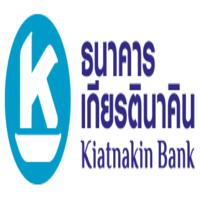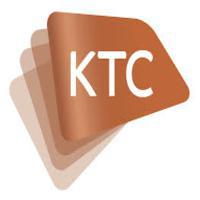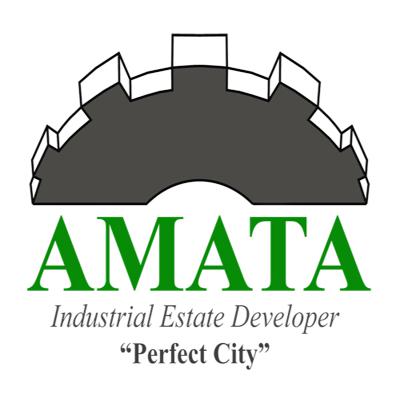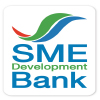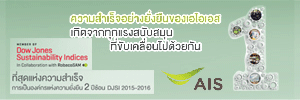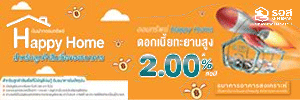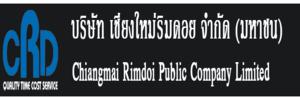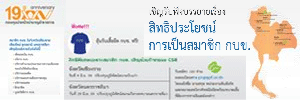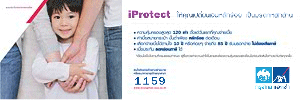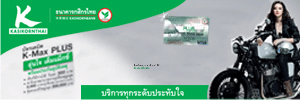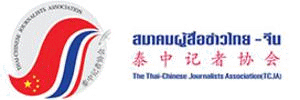ปัจจัยที่มีผลต่ออันดับเครดิต
การขยายธุรกิจไปต่างประเทศทำให้อัตราส่วนหนี้สินเพิ่มสูงขึ้น: อัตราส่วนหนี้สินของ Makro ซึ่งวัดจากอัตราส่วนหนี้สินที่ปรับปรุงแล้วสุทธิต่อกระแสเงินสดจากการดำเนินงานก่อนการเปลี่ยนแปลงของเงินทุนหมุนเวียน (FFO adjusted net leverage) น่าจะเพิ่มสูงขึ้นเป็น 2.0 เท่า – 2.5 เท่าภายใน 2-3 ปีข้างหน้า เนื่องจากแผนการลงทุนขยายธุรกิจไปยังต่างประเทศที่มากขึ้นกว่าเดิม โดยอัตราส่วนหนี้สินสูงกว่าที่คาดการณ์ไว้เดิมที่ไม่เกิน 2.0 เท่า ซึ่งทำให้ระดับของอัตราส่วนหนี้สินที่ยังจะสามารถเพิ่มสูงขึ้นได้อีกโดยที่ยังคงสอดคล้องกับอันดับเครดิตในปัจจุบันของ Makro ลดลงเมื่อเปรียบเทียบกับประมาณการเดิม ในช่วง 3-4 ปีข้างหน้า บริษัทฯ มีแผนที่จะมุ่งเน้นการขยายธุรกิจไปยังต่างประเทศเนื่องจากการขยายธุรกิจภายในประเทศที่ลดลงจากสภาวะตลาดที่มีความอิ่มตัวสูงกว่า อย่างไรก็ดี Makro ก็ยังคงเปิดสาขาภายในประเทศเพิ่มเติม โดยจะเปิดสาขาขนาดใหญ่ในจำนวนที่น้อยลงแต่จะเน้นเปิดสาขาที่มีขนาดพื้นที่ที่เล็กกว่าซึ่งเน้นรองรับลูกค้ากลุ่มผู้ประกอบการโรงแรม ร้านอาหาร และธุรกิจจัดเลี้ยง ฟิทช์คาดว่า Makro จะมีค่าใช้จ่ายลงทุน 8 พันล้านบาทถึง 9 พันล้านบาทต่อปีในช่วงปี 2562-2563
ฟิทช์เชื่อว่า สาขาของ Makro ในต่างประเทศ ต้องใช้ระยะเวลาระยะหนึ่งจึงจะมีการประหยัดต่อขนาดและมีกำไรจากการดำเนินงาน
อัตราส่วนกำไรที่ลดลง: อัตราส่วนกำไรจากการดำเนินงานก่อนดอกเบี้ยจ่าย ภาษี ค่าเสื่อมราคา ค่าตัดจำหน่ายและค่าเช่าต่อรายได้ (EBITDAR Margin) ของ Makro น่าจะลดลงมาอยู่ในระดับร้อยละ 5.4-5.6 ในช่วง 3 ปีข้างหน้า จากระดับร้อยละ 5.7 – 6.0 ในช่วงปี 2558-2560 เนื่องจากผลขาดทุนจากการดำเนินงานในช่วงปีแรกๆ ของสาขาในต่างประเทศ อย่างไรก็ตาม EBITDAR Margin จากธุรกิจภายในประเทศของ Makro น่าจะยังคงเพิ่มสูงขึ้นอย่างต่อเนื่องจากแผนการเพิ่มประสิทธิภาพในการดำเนินงาน
อัตราการเติบโตของยอดขายที่แข็งแกร่ง: ฟิทช์คาดว่าอัตราการเติบโตของยอดขายของ Makro น่าจะเพิ่มขึ้นมาอยู่ที่ระดับร้อยละ 10-13 ต่อปีในปี 2562-2563 โดยได้รับปัจจัยสนับสนุนจากการฟื้นตัวของภาวะเศรษฐกิจภายในประเทศ การเติบโตอย่างต่อเนื่องของการท่องเที่ยวในประเทศไทย และยอดขายจากสาขาในต่างประเทศ ทั้งนี้ Makro เผชิญกับอัตราการเติบโตของยอดขายที่ต่ำกว่าร้อยละ 3 ในช่วงครึ่งปีแรกของปี 2561 เนื่องจากราคาที่ตกต่ำของผลิตภัณฑ์อาหารโดยเฉพาะอาหารสดซึ่งเป็นสินค้าหลัก รวมถึงความต้องการซื้อบุหรี่ที่ผลิตภายในประเทศและเครื่องดื่มแอลกอฮอล์ที่ลดลงหลังจากการปรับเพิ่มอัตราภาษีสรรพสามิตในช่วงไตรมาสที่สามของปี 2560 อย่างไรก็ตาม ราคาผลิตภัณฑ์อาหารที่มีการฟื้นตัวในช่วงไตรมาสที่สามปี 2561 น่าจะช่วยสนับสนุนอัตราการเติบโตของยอดขายในช่วงครึ่งปีหลังของปี 2561 นอกจากนี้ Makro ยังคงเน้นลูกค้ากลุ่มผู้ประกอบการโรงแรม ร้านอาหาร และธุรกิจจัดเลี้ยง ซึ่งเป็นกลุ่มหลักที่ทำให้ตลาดมีการเติบโต
ผู้นำในธุรกิจค้าส่งประเภทอาหาร: Makro เป็นผู้ประกอบการเพียงรายเดียวในธุรกิจค้าส่งสมัยใหม่ประเภทอาหาร (Modern-Trade Food Wholesale) ในประเทศไทยมานานกว่า 25 ปี Makro มีกลุ่มลูกค้าเป้าหมายที่แตกต่างจากผู้ประกอบการค้าปลีกรายใหญ่รายอื่น โดย Makro มุ่งจำหน่ายสินค้าให้แก่ผู้ประกอบการ ซึ่งได้แก่ ผู้ค้าปลีกรายย่อยแบบดั้งเดิม ผู้จัดจำหน่าย ผู้ประกอบการโรงแรม ร้านอาหาร และธุรกิจจัดเลี้ยง รวมถึงลูกค้าที่เป็นองค์กร ซึ่งรายได้จากลูกค้าเหล่านี้มีสัดส่วนประมาณร้อยละ 75 ของรายได้รวม “Makro” เป็นเครื่องหมายการค้าของผู้ประกอบการค้าส่งแบบ Cash & Carry ในกลุ่มตลาดประเทศเกิดใหม่ที่เป็นที่รู้จักในระดับโลก โดย CP ALL ได้รับสิทธิในการใช้เครื่องหมายการค้าดังกล่าวนี้ใน 11 ประเทศในทวีปเอเชีย รวมถึงประเทศไทย และประเทศจีน จาก SHV Group แห่งประเทศเนเธอร์แลนด์ ซึ่งเป็นผู้ถือหุ้นรายใหญ่เดิมของ Makro การได้สิทธิดังกล่าวเป็นการสนับสนุนแผนธุรกิจในอนาคตของ Makro ในช่วง 2-3 ปีข้างหน้า ในการขยายสาขาไปในประเทศอื่นๆ ในกลุ่มประเทศอาเซียน นอกจากนี้ Makro ยังมีการจำหน่ายสินค้าภายใต้เครื่องหมายการค้าของตนเองอีกหลายประเภท
ความเสี่ยงจากการกระจุกตัว: จากการที่ Makro ประกอบธุรกิจค้าส่ง ทำให้ Makro มีการกระจายตัวของจำนวนลูกค้าและจำนวนสาขาน้อยกว่าผู้ประกอบการค้าปลีกรายใหญ่รายอื่นในตลาด นอกจากนี้ หนึ่งในกลุ่มลูกค้าเป้าหมายของ Makro ซึ่งได้แก่ ผู้ค้าปลีกรายย่อยแบบดั้งเดิม มีแนวโน้มที่จะมีจำนวนลดลงในระยะยาว เนื่องจากการเปลี่ยนผ่านของการค้าปลีกแบบดั้งเดิมไปสู่การค้าปลีกสมัยใหม่เช่น ซูเปอร์มาร์เก็ต และร้านสะดวกซื้อ อย่างไรก็ตาม นโยบายของ Makro ที่เน้นลูกค้ากลุ่มผู้ประกอบการโรงแรม ร้านอาหาร และธุรกิจจัดเลี้ยงมากขึ้น น่าจะช่วยบรรเทาความเสี่ยงดังกล่าวลงได้ในระดับหนึ่ง
ความเชื่อมโยงกับ CP ALL: ฟิทช์มีความเห็นว่า Makro และ CP ALL (A(tha)/แนวโน้มอันดับเครดิตมีเสถียรภาพ) มีความเกี่ยวโยงในด้านการดำเนินงาน ในระดับปานกลาง และ Makro มีความสำคัญในเชิงกลยุทธ์ต่อสถานะของกลุ่ม CP ALL ดังนั้นอันดับเครดิตของ Makro จะได้รับการปรับเพิ่มหนึ่งอันดับจากอันดับเครดิตโดยลำพัง (Stand-alone Credit Profile) ของ Makro เพื่อสะท้อนถึงความสัมพันธ์ดังกล่าว อย่างไรก็ตาม เนื่องจากอันดับเครดิตของ CP ALL อยู่ในระดับเดียวกันกับอันดับเครดิตโดยลำพังของ Makro ดังนั้นการปรับเพิ่มอันดับเครดิตของ Makro จากอันดับเครดิตที่พิจารณาจากสถานะทางเครดิตโดยลำพังจึงไม่สามารถนำมาใช้ได้ในตอนนี้
สมมุติฐานที่สำคัญ
สมมุติฐานที่สำคัญของฟิทช์ที่ใช้ในการประมาณการ
- การเปิดสาขาในประเทศไทยจำนวน 7 สาขาต่อปีในปี 2561-2563
- การเปิดสาขาในต่างประเทศ 3 สาขาในปี 2561 และการขยายสาขาในต่างประเทศ (ได้แก่ประเทศกัมพูชา อินเดีย จีนและพม่า) อย่างต่อเนื่องด้วยค่าใช้จ่ายในการลงทุนประมาณ 3 พันล้านบาทถึง 3.5 พันล้านบาทต่อปี ในปี 2562-2563
- อัตราการเติบโตของยอดขายที่ร้อยละ 3-4 ต่อปีในปี 2561 และร้อยละ 10-13 ต่อปีในปี 2562-2563
- EBITDAR Margin ที่ลดลงมาอยู่ในระดับร้อยละ 5.4-5.6 ในปี 2561-2563
- ค่าใช้จ่ายเพื่อการลงทุนจำนวน 5 พันล้านบาทถึง 5.5 พันล้านบาท ในปี 2561 และ 8 พันล้านบาทถึง 9 พันล้านบาทต่อปีในปี 2562-2563 ซึ่งรวมถึงค่าใช้จ่ายเพื่อการลงทุนในต่างประเทศด้วย
การกำหนดอันดับเครดิตโดยสรุป
Makro มีกำไรจากการดำเนินงานก่อนดอกเบี้ยจ่าย ภาษี ค่าเสื่อมราคา และค่าตัดจำหน่าย (EBITDA) คิดเป็นสัดส่วนประมาณร้อยละ 24 ของ EBITDA รวมของกลุ่ม CP ALL ในปี 2560 สถานะทางธุรกิจของ Makro ด้อยกว่า CP ALL ในด้านสถานะทางการตลาดและความเสี่ยงจากการกระจุกตัว Makro มีจำนวนสาขาและจำนวนลูกค้าน้อยกว่า CP ALL มาก รวมถึงมีรายได้และ EBITDAR Margin ที่ต่ำกว่า อย่างไรก็ตาม Makro มีอัตราส่วนหนี้สินที่ต่ำกว่า CP ALL เป็นอย่างมาก ดังนั้นอันดับเครดิตโดยลำพังของ Makro จึงอยู่ในระดับเดียวกับ CP ALL
บริษัท ปูนซิเมนต์ไทย จำกัด (มหาชน) หรือ SCC (A+(tha)/แนวโน้มอันดับเครดิตมีเสถียรภาพ) มีธุรกิจที่มีความหลากหลายกว่า Makro และมีรายได้และกำไรจากการดำเนินงานก่อนดอกเบี้ยจ่าย ภาษี ค่าเสื่อมราคา และค่าตัดจำหน่ายและค่าเช่า (EBITDAR) ที่สูงกว่า Makro มาก อย่างไรก็ตาม SCC ต้องเผชิญกับธุรกิจที่มีลักษณะเป็นวัฏจักรและความผันผวนของราคาสินค้าโภคภัณฑ์ในธุรกิจหลัก ในขณะที่ Makro ได้รับประโยชน์จากความต้องการสินค้าประเภทอาหารและสินค้าที่ใช้ในการดำรงชีวิตประจำวันที่มีความสม่ำเสมอ รวมถึงมีความผันผวนของรายได้และอัตรากำไรที่ต่ำ จากแผนการขยายธุรกิจไปยังต่างประเทศของ Makro ทำให้อัตราส่วนหนี้สินของ Makro น่าจะเพิ่มสูงขึ้นมาอยู่ในระดับที่ใกล้เคียงกับ SCC ในช่วง 2-3 ปีข้างหน้า ดังนั้น ด้วยสถานะทางธุรกิจของ SCC ที่แข็งแกร่งกว่า Makro อันดับเครดิตของ SCC จึงสูงกว่าอันดับเครดิตของ Makro
เช่นเดียวกับ SCC บริษัทปูนซีเมนต์นครหลวง จำกัด (มหาชน) หรือ SCCC (A(tha)/แนวโน้มอันดับเครดิตเป็นลบ) ต้องเผชิญกับธุรกิจที่มีลักษณะเป็นวัฏจักรและความผันผวนของราคาสินค้าโภคภัณฑ์จากธุรกิจหลักซึ่งคือธุรกิจผลิตปูนซีเมนต์ Makro มีรายได้ที่สูงกว่า SCCC มาก แต่เนื่องจาก Makro ดำเนินธุรกิจจำหน่ายสินค้าแบบขายส่ง จึงมีระดับ EBITDAR Margin ที่ต่ำกว่ามาก EBITDAR ในช่วง 2-3 ปีข้างหน้าของ ทั้ง 2 บริษัทฯ น่าจะยังคงอยู่ในระดับที่ใกล้เคียงกัน แต่ SCCC มีอัตราส่วนหนี้สินที่สูงกว่า Makro ทั้ง 2 บริษัทฯ จึงมีอันดับเครดิตในระดับเดียวกัน อย่างไรก็ตาม SCCC มีแนวโน้มอันดับเครดิตเป็นลบ เนื่องจากกำลังเผชิญกับความท้าทายในการลดระดับอัตราส่วนหนี้สินให้ลงมาอยู่ในระดับที่สอดคล้องกับอันดับเครดิตในปัจจุบัน
ปัจจัยที่อาจมีผลต่ออันดับเครดิตในอนาคต
ปัจจัยบวก:
• การปรับเพิ่มอันดับเครดิตของ CP ALL
ปัจจัยลบ
• การปรับลดอันดับเครดิตของ CP ALL
• สำหรับอันดับเครดิตโดยลำพังของ Makro ปัจจัยที่อาจมีผลต่ออันดับเครดิตในแง่ลบรวมถึง:
• การลงทุนที่สูงโดยใช้แหล่งเงินทุนจากการกู้ยืม ซึ่งส่งผลให้ FFO adjusted net leverage เพิ่มขึ้นสูงกว่า 2.5 เท่า อย่างต่อเนื่อง (ณ สิ้นเดือนมิถุนายน 2561: 1.6 เท่า) หรือ
• การลดลงของ EBITDAR Margin มาอยู่ในระดับต่ำกว่าร้อยละ 4.5 อย่างต่อเนื่อง (6 เดือนแรกของปี 2561: ร้อยละ 5.4)
อย่างไรก็ตาม การปรับลดอันดับเครดิตโดยลำพังของ Makro ลงหนึ่งอันดับอาจไม่มีผลต่ออันดับเครดิตสุดท้ายของ Makro เนื่องจากฟิทช์จะพิจารณาให้อันดับเครดิตเพิ่มขึ้นหนึ่งอันดับจากอันดับเครดิตโดยลำพังของ Makro เพื่อสะท้อนถึงความสัมพันธ์กับ CP ALL
ความสามารถในการหาแหล่งเงินกู้ใหม่เพื่อชำระหนี้เดิมช่วยสนับสนุนสภาพคล่อง: Makro มีหนี้สินประมาณ 1.1 หมื่นล้านบาท ณ สิ้นเดือนมิถุนายน 2561 โดยร้อยละ 52 จะครบชำระคืนภายใน 1 ปีข้างหน้า สภาพคล่องของ Makro มีปัจจัยสนับสนุนหลักจากเงินสดจำนวน 2.5 พันล้านบาท ณ สิ้นเดือนมิถุนายน 2561 และความสามารถในการสร้างกระแสเงินสด รวมถึงความสัมพันธ์ที่ดีกับธนาคาร วงเงินที่ไม่ผูกพันที่ยังไม่ได้เบิกถอน รวมถึงความสามารถในการออกหุ้นกู้ในตลาดตราสารหนี้
ข้อมูลเพิ่มเติมหาได้ที่ www.fitchratings.com
Fitch Affirms Makro's Rating at 'A(tha)'; Outlook Stable
Fitch Ratings - Bangkok - 13 November 2018: Fitch Ratings (Thailand) Limited has affirmed Siam Makro Public Company Limited's National Long-Term Rating at 'A(tha)'. The Outlook is Stable.
KEY RATING DRIVERS
Overseas Expansion Drives Rising Leverage: Makro's funds from operations (FFO) adjusted net leverage is likely to rise to 2.0x-2.5x over the medium term due to its more aggressive overseas expansion, leaving it with less rating headroom than we previously expected, when we estimated financial leverage at not more than 2.0x. Over the next three to four years, the company plans to focus on overseas expansion as growth slows in Thailand's relatively mature market. At the same time, it will continue to open large-format stores, albeit fewer than historically, and more smaller-format stores catering to food services in Thailand. Fitch expects Makro's capex at THB8 billion-9 billion a year in 2019-2020. We believe that it will take some time for the overseas stores to achieve economies of scale and be earnings accretive.
Decreasing Margin: Makro's EBITDAR margin is likely to drop to 5.4%-5.6% over the next three years from 5.7%-6.0% in 2015-2017 as its new overseas stores post operating losses in their initial years of operation. Its EBITDAR margin from domestic operation should, nonetheless, continue improving with Makro's strategy to increase productivity.
Strong Sales Growth: Fitch expects Makro's sales to increase by 10%-13% a year in 2019-2020, supported by the improving domestic economy, continued growth in tourism as well as contribution from overseas stores. Makro's revenue increased by less than 3% in 1H18 due to a sharp decrease in prices of major food items and lower demand for local tobacco and alcoholic beverages after an increase in excise tax in 3Q17. The recovery in food prices in 3Q18 should support growth in 2H18. Makro continues to focus on customers in the hotel, restaurant and catering (HORECA) industries, who drive growth in the modern wholesale food market.
Leading Food Wholesaler: Makro has been the sole operator in Thailand's modern-trade food wholesale market for over 25 years. Unlike other large food retailers, its target customers are traditional retailers, distributors, HORECA operators and institutional customers, which represent 75% of total revenue. "Makro" is an internationally known cash-and-carry wholesale brand in emerging markets. CP ALL Public Company Limited (A(tha)/Stable) has been granted the right to use this brand in 11 Asian countries by SHV Group of the Netherlands, Makro's former major shareholder. This supports Makro's medium-term plan to expand in ASEAN. Makro also owns several house brands.
Concentration Risk: As a wholesaler, Makro has higher concentration risk than other companies in the food retail industry in terms of number of customers and number of stores. In addition, one of Makro's key customer bases, traditional, independent retailers, is likely to shrink over the long term due to the continued transition towards modern retail formats such as supermarkets and mini-markets. However, Makro's strategy to tap more HORECA operators as well as its overseas expansion should mitigate this risk.
Links with CP ALL: Fitch considers the operational linkage between Makro and CP ALL to be moderate, while Makro is of strategic importance to CP ALL. Makro's rating enjoys a one-notch uplift to reflect this linkage, although that uplift is currently not applied because CP ALL's rating is equal to Makro's standalone credit profile.
DERIVATION SUMMARY
Makro accounted for about 24% of CP ALL's consolidated EBITDA in 2017. Makro's business profile is weaker than that of CP ALL in terms of market position and concentration risk. Makro has far fewer stores and customers, and much small revenue and EBITDAR margin. However, Makro's financial leverage is significantly lower than that of CP ALL. Makro's rating, based on its standalone credit profile, is therefore equal to that of CP ALL.
The Siam Cement Public Company Limited (SCC, A+(tha)/Stable) has a more diversified business model and geographic diversification than Makro. SCC also has significantly larger revenue and EBITDAR. However, SCC is exposed to cyclicality and commodity price risk in most of its core businesses while Makro benefits from stable demand for food and daily-use items with low volatility in margin and revenue. Given Makro's expansion plan, its financial leverage is likely to increase to close to that of SCC over the medium term. As a result, with SCC's stronger business profile, it is rated higher than Makro.
Similar to SCC, Siam City Cement Public Company Limited (SCCC, A(tha)/Negative) is exposed to cyclicality and commodity price risk in its main business of cement production. Makro has significantly larger revenue than SCCC but as a wholesaler, Makro earns significantly thinner EBITDAR margin. Both companies' EBITDAR over the medium term should be of similar size. SCCC's financial leverage is higher than Makro's. Both are rated at the same level, but SCCC is on Negative Outlook as it faces challenges in deleveraging to a level more consistent to its current rating.
KEY ASSUMPTIONS
Fitch's key assumptions within our rating case for the issuer include:
- Seven new stores a year in Thailand in 2018-2020;
- Three new overseas stores in 2018, and continue to expansion overseas (i.e. in Cambodia, India, China and Myanmar) with capex of THB3.0 billion-3.5 billion a year in 2019-2020;
- Total sales growth of 3%-4% in 2018 and 10%-13% a year in 2019-2020
- A decline in EBITDAR margin to 5.4%-5.6% in 2018-2020;
- Total capex of THB5.0 billion-5.5 billion in 2018 and THB8 billion-9 billion a year in 2019-2020, including capex for overseas expansion
RATING SENSITIVITIES
Developments That May, Individually or Collectively, Lead to Positive Rating Action
- Positive rating action on CP ALL
Developments That May, Individually or Collectively, Lead to Negative Rating Action
- Negative rating action on CP ALL
- For Makro's standalone credit profile , the following developments may lead to negative rating action:
- An aggressive debt-funded investment leading to an increase in FFO-adjusted net leverage to above 2.5x on a sustained basis (end-June 2018: 1.6x), or
- Deterioration in EBITDAR margin to below 4.5% on a sustained basis (1H18: 5.4%)
Nonetheless, one-notch downgrade Makro's standalone credit profile may not affect its final rating as Fitch will apply a one-notch uplift based on linkage with CP ALL.
LIQUIDITY AND DEBT STRUCTURE
Refinancing Ability Supports Liquidity: Makro had total debt of THB10.5 billion at end-June 2018. About 52% will be due within one year. Liquidity is mainly supported by the company's cash balance of THB2.5 billion, its strong cash flow from operations as well as its relationship with banks with large uncommitted revolving facilities, and strong access to debt capital markets.
Additional information is available on www.fitchratings.com
FITCH RATINGS ANALYSTS
Primary Rating Analyst
Somruedee Chaiworarat
Director
+66 2 108 0160
Fitch Ratings (Thailand) Limited
Park Ventures, Level 17 57 Wireless Road, Lumpini
Bangkok 10330
Secondary Rating Analyst
Nichaya Seamanontaprinya
Associate Director
+66 2 108 0161
Committee Chairperson
Vicky Melbourne
Senior Director
+61 2 8256 0325




